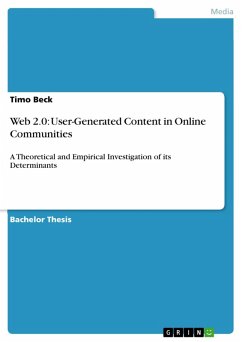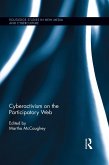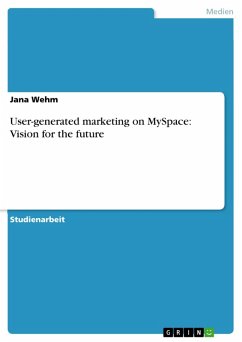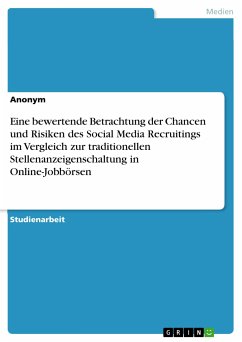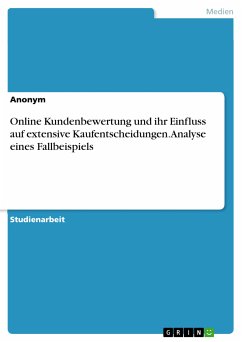Bachelor Thesis from the year 2007 in the subject Communications - Public Relations, Advertising, Marketing, Social Media, grade: 1,0, University of Hertfordshire (School of Management), language: English, abstract: Google paid 1.65bn for the acquisition of Youtube, Rupert Murdochs's News Corp. bought Myspace for 580m, and Holzbrinck fully took over Studivz.net for about 85m, to give just a few examples of recent Web 2.0 deals. What makes these so-called online communities so valuable? The answer to this question may be surprising: The deployed technologies are more or less the same as 6 years ago, but what all these new sites share is a new approach to creating things: "user-generated content", in the jargon. The Internet is no longer about corporations telling users what to do, think or buy; it is about the content people create themselves. Participation, not publishing, is the keyword. This development is particularly interesting for corporations which have noticed the importance and potential of the "do-it-yourself Web" as both a strategic marketing tool and a source of valuable information about consumer preferences and opinions. Tomorrow's consumers will no longer be interested in what companies say about their products and services, they will rely on opinions of other "normal" people. Chris Anderson, chief editor of Wired Magazine, states: "Your brand is what Google says about it. Not what you say about it". Corporations which have spent huge amounts of money on questionable market research projects in the past can get even better information for free in the future, as consumers and interested users exchange experiences and opinions about brands and products in online discussion forums anyway. As a result, marketing activities and product offers can be customized by gathering, processing and analyzing information about consumer preferences - it remains to be seen which companies will exploit these new opportunities and which will not. Very little is known about the factors that influence the content production.Often online communities fail because participation drops to zero - and nobody knows why. In order to maximize the participation level and, thereby, the benefits that can be drawn from their contributions, it is important to examine what drives people to produce content. Therefore, this thesis aims to identify the most important factors that influence the level of user-generated content production in online communities. More specifically, a comprehensive framework of the relevant determinants will be proposed and tested on an empirical basis. The results are supposed to serve as a guideline for researchers and community operators in the future.
Dieser Download kann aus rechtlichen Gründen nur mit Rechnungsadresse in A, B, BG, CY, CZ, D, DK, EW, E, FIN, F, GR, HR, H, IRL, I, LT, L, LR, M, NL, PL, P, R, S, SLO, SK ausgeliefert werden.

